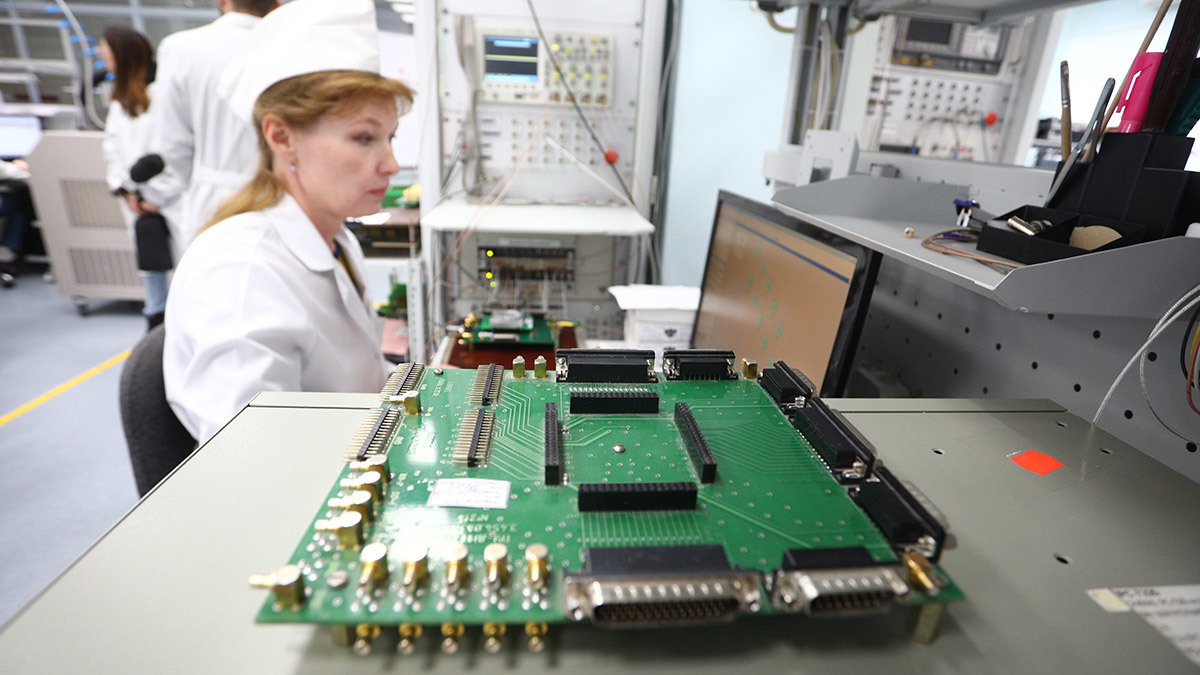In today’s fast-paced electronics industry, the role of turnkey engineers is becoming increasingly crucial, particularly in the realm of PCB design. As exporters and importers navigate the complexities of global trade, understanding how turnkey engineers support PCB design can offer significant advantages. In this article, we delve into the nuances of this support and explore why it holds immense value for businesses engaged in electronics.

The Role of Turnkey Engineers in PCB Design
Turnkey engineering involves a comprehensive approach where engineers manage the entire process of PCB design, from conception to production. This holistic method ensures that every element of the design and manufacturing process is optimized for efficiency and quality.
Understanding Turnkey Solutions
At the heart of turnkey solutions is the principle of end-to-end service. Engineers provide expertise in designing, prototyping, testing, and manufacturing, allowing companies to focus on other critical areas of their operation. This approach is particularly beneficial for reducing overhead costs.
Design Efficiency and Quality Assurance
Turnkey engineers consolidate multiple stages of PCB production, ensuring a seamless transition from one phase to the next. This consolidation minimizes errors and enhances quality assurance, a critical factor for exporters and importers who must adhere to stringent international standards.
Benefits for Exporters and Importers
For exporters and importers, the support provided by turnkey engineers extends beyond mere technical assistance. It translates into tangible business advantages that can lead to increased competitiveness and profitability.
Streamlined Supply Chain
By leveraging turnkey services, businesses can streamline their supply chain. This integration reduces lead times and optimizes resource allocation, allowing companies to meet global demand efficiently. Learn more about how turnkey procurement enhances supply chain management.
Cost-Effectiveness
Turnkey solutions often result in cost savings due to bulk purchasing and reduced labor costs. This cost-effectiveness is crucial for exporters and importers operating on tight margins.
Challenges Addressed by Turnkey Engineers
Despite the many advantages, PCB design and production come with challenges that turnkey engineers are well-equipped to address. These challenges include complexity management, compliance with international regulations, and ensuring product reliability.
Complexity Management
PCB designs can be intricate, requiring precise engineering to ensure functionality and reliability. Turnkey engineers possess the expertise to manage this complexity effectively, ensuring that the final product meets all specifications.
Regulatory Compliance
Compliance with international regulations is non-negotiable for exporters and importers. Turnkey engineers are knowledgeable about these regulations and ensure that all designs adhere to them, reducing the risk of non-compliance.
Technological Advancements in Turnkey PCB Design
Advancements in technology have significantly impacted the capabilities of turnkey engineers in PCB design. These technological improvements enhance both the efficiency and quality of the design process.
Automation and Innovation
Automation plays a pivotal role in modern PCB design. Turnkey engineers utilize automated systems to streamline production, reducing human error and increasing precision. For more insights, visit automated inspection in turnkey electronics.
Integration of Advanced Materials
The integration of advanced materials in PCB design is another area where turnkey engineers excel. These materials enhance the performance and durability of PCBs, making them suitable for a wide range of applications.
Case Studies: Success Stories
Several companies have successfully leveraged turnkey engineering to enhance their PCB design and production processes. These case studies provide valuable insights into the practical application of turnkey solutions in the real world.
Improving Quality and Reducing Costs
A case study from the automotive electronics industry showcases how turnkey engineering improved product quality while simultaneously reducing costs. This dual benefit underscores the value of turnkey solutions for businesses. Read more about turnkey manufacturing in the automotive sector.
Expanding Global Reach
Another success story highlights a company’s expansion into international markets, made possible through the efficiency and reliability provided by turnkey engineering.
Conclusion: The Future of Turnkey Engineering in PCB Design
As the demand for electronic devices continues to rise, the role of turnkey engineers in PCB design will only become more pronounced. Their ability to provide comprehensive solutions that address both technical and business challenges makes them invaluable partners for exporters and importers. For more insights, consider exploring the benefits and limitations of turnkey manufacturing.

FAQ
What are turnkey solutions in PCB design?
Turnkey solutions in PCB design refer to comprehensive services where engineers manage the entire process from design to production, ensuring efficiency and quality.
How do turnkey engineers enhance supply chain efficiency?
Turnkey engineers streamline supply chains by integrating various processes, reducing lead times, and optimizing resource allocation, which is crucial for meeting global demand.
Why is regulatory compliance important in PCB design?
Regulatory compliance ensures that PCBs meet international standards, reducing the risk of legal issues and enhancing product reliability for exporters and importers.


